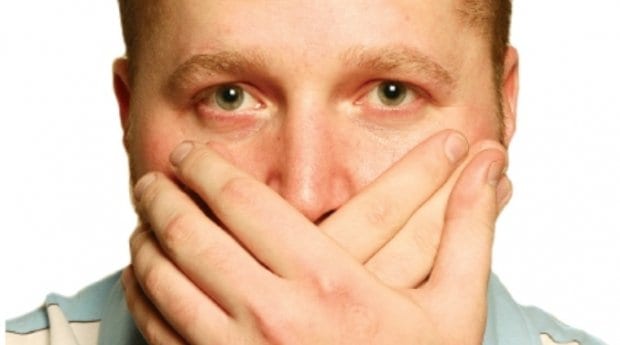An Ontario Superior Court ruling in a hotly contested defamation case has both sides kind of claiming victory, with good reason.
John Baglow, an Ottawa blogger who calls himself Dr Dawg, says the ruling is at least a partial victory because it upholds defamation law even online.
In her Feb 23 ruling, Justice Heidi Polowin acknowledges that debate in the blogosphere is often “caustic, strident, vulgar and insulting.” But nothing in the internet’s “rough and tumble nature” means it’s exempt from defamation law, she ruled. Just because comment sections seem to lend themselves to rude personal attacks, doesn’t give you free licence to destroy a person’s reputation without justification and evidence.
The case stems from a lawsuit Baglow filed against Connie and Mark Fournier who run a conservative website called Free Dominion. In 2010, for his support of Guantanamo Bay detainee Omar Khadr, a commenter on the site referred to Baglow as “one of the Taliban’s most vocal supporters.” Polowin sided with Baglow and ruled that the comment defamed him, since calling him a Taliban supporter — without any basis in fact or evidence — would “tend to lower [his] reputation in the eyes of a reasonable person.”
But, she said, the statement was clearly presented not as fact but as an honestly-held opinion in the context of a heated political debate on a matter of public interest. In other words, though she found the comment harmful to Baglow’s reputation, she upheld the poster’s right to publish it without penalty. Score one for freedom of expression.
Connie Fournier hailed the ruling as a victory, saying it makes a little more space online for heated, even insulting and “snarky” debate.
I’m satisfied with the ruling too. I think it strikes an important balance between affirming the need to protect people from real defamation — statements of unproven “fact” that unfairly and inaccurately portray people as murderers, drug dealers, rapists or embezzlers, for example — without stifling legitimate expressions of opinion.
It’s a balance the judge took seriously in her ruling. She references the 2009 Supreme Court of Canada decision that broadened the free-speech defences to defamation, this time to support responsible communication on matters of public interest. In that case too, the judges recognized the need to balance freedom of expression (which they describe as “essential to the functioning of our democracy, to seeking the truth in diverse fields of inquiry, and to our capacity for self-expression and individual realization”) with protecting someone’s reputation from “unjustified assault.”
Some civil libertarians question the need for any defamation law at all, saying it’s generally used to “punish the insolent,” protect the powerful, silence the politically incorrect and reinforce society’s taboos, as the Ontario Civil Liberties Association (OCLA) argued in 2014.
“But false accusation is also harmful,” argues another OCLA paper, written by philosophy professor Mark Mercer in 2013. “It’s harmful to the person who loses wages or reputation because of it. And it is harmful to all of us generally, as qualified people will shun public roles should they think others can get away with vilifying them.”
Anyone who has struggled to reaffirm their reputation after it was unfairly vilified by unsubstantiated claims would surely agree with Mercer.
“So we need mechanisms by which to keep comment and criticism honest and civil,” Mercer continues, “mechanisms that don’t at the same time inhibit them, as threats of a lawsuit do.
“I think that the mechanism by which to keep comment and criticism honest and civil is comment and criticism itself,” he says. “When someone speaks a falsehood about one, speak the truth back. Expose the other’s shoddy evidence or reasoning.”
I agree. I wouldn’t go so far as to suggest that defamation law be abolished because I think there are cases that cross the line from offensive opinion to uncorroborated accusation that require remedy. But there’s a difference between being unfairly accused and getting your feelings hurt because someone expressed an opinion you didn’t want to hear.
Fournier told the Ottawa Citizen she hopes the ruling in her case will convince people to “calm down when it comes to trying to sue each other over things said online.”
I do too. I think part of the problem is that in an age of quick soundbytes and meaningless exchanges, we’re losing the skills and the will to truly debate ideas with each other and especially with our ideological opponents.
The ability to hide anonymously behind a screen also adds a layer of viciousness that further undermines healthy, vigorous debate. Not that insults require court remedy, but it would be nice if we all elevated our level of debate — and our respect and appreciation for different and even offensive points of view — without trying to silence the views we find offensive.
For now, the Ontario Superior Court has struck a welcome balance between reasonable protection from defamation and the right to freely participate in debate, however much your opinion might offend others.
Can we strike a similar balance in our interactions online?
Robin Perelle is the managing editor of Daily Xtra in Vancouver.

 Why you can trust Xtra
Why you can trust Xtra


